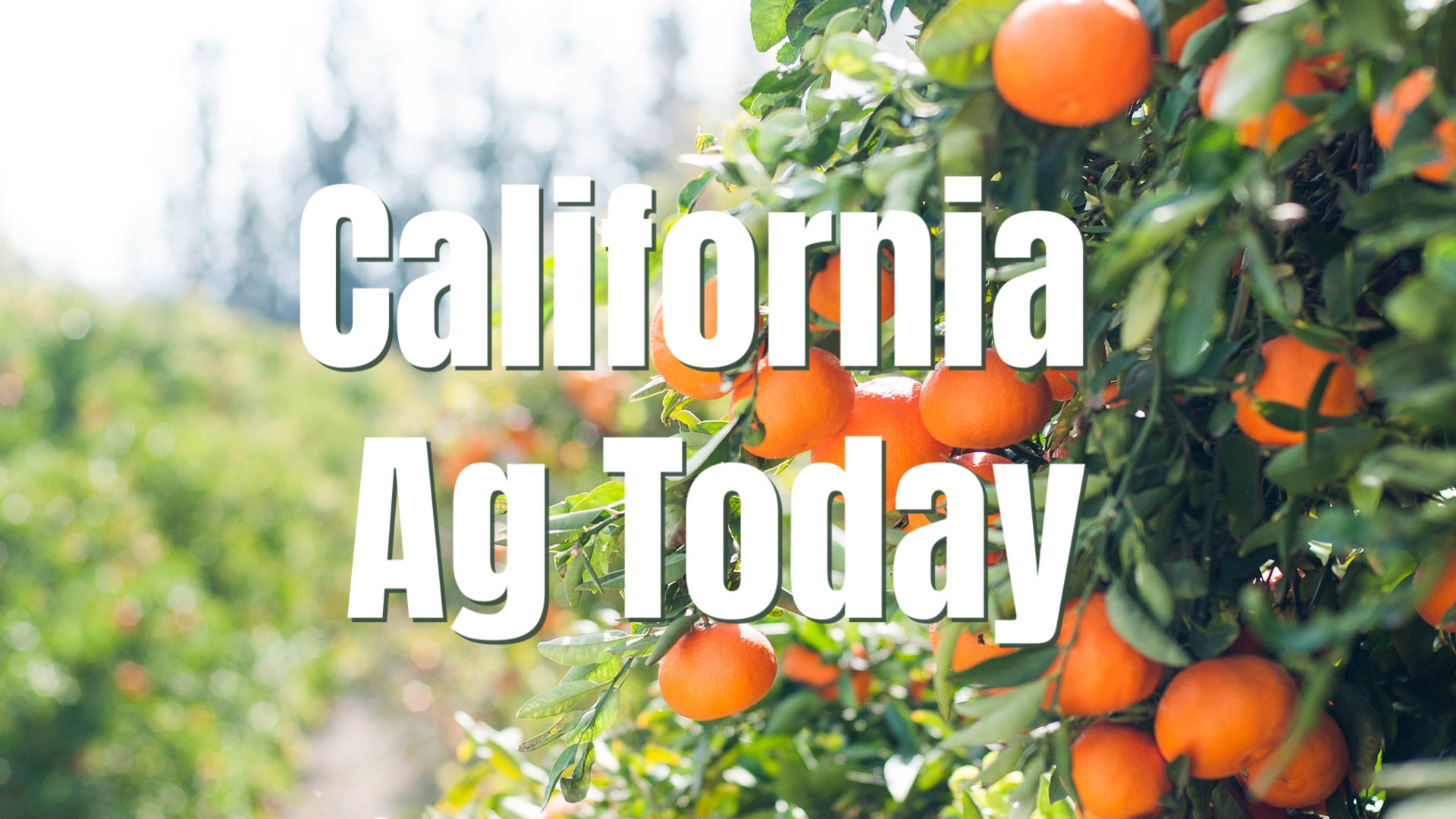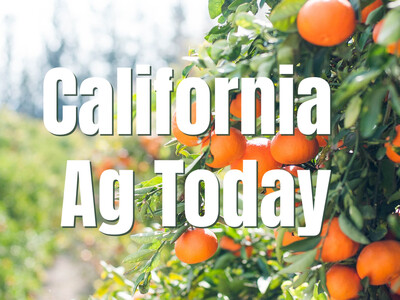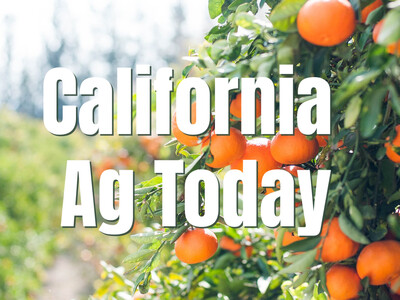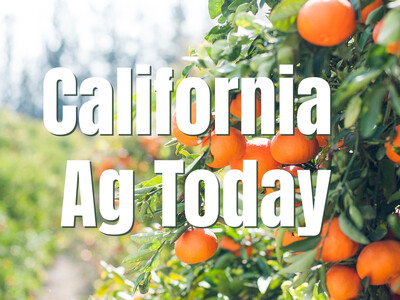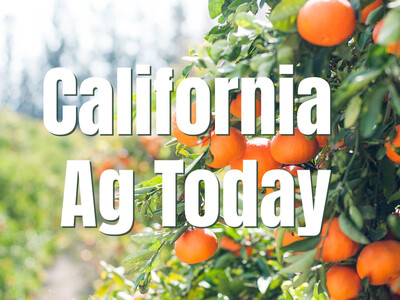Managing Voles Organically

Tim Hammerich
News Reporter
Pest management on the farm includes having to deal with vertebrate pests like gophers, ground squirrels and voles. For organic growers, trapping is a very common management practice, but is often insufficient for voles says cooperative extension specialist Roger Baldwin.
Baldwin… “For voles it's a little bit more problematic because they can be so numerous that it's just simply too time consuming to put out enough traps to control moderate to high density vole populations. But if you're dealing with a really localized population, you might be able to manage them with trapping to some extent as well.”
Baldwin says one effective organic management strategy for voles can be modifying the habitat to reduce vegetative cover.
Baldwin… “Voles are very cover dependent. So if they have sufficient cover, then they have protection and they reproduce quite rapidly, so that allows their populations to build up quite rapidly. And then they can cause you know, all kinds of problems. So when possible, reducing the amount of vegetation to the greatest extent that you can is really one of the best tools we have for vole management. Oftentimes it's a balancing act, you know, are the voles a bigger issue or the positives that you get from a cover crop, more important. That's something that, you know, each individual grower will have to figure out because not all areas have extensive vole problems. Some areas do some areas don't.”
Baldwin and colleagues released a new manual titled “Burrowing Rodents: Developing a Management Plan for Organic Agriculture” that can be downloaded on the UCANR website.


